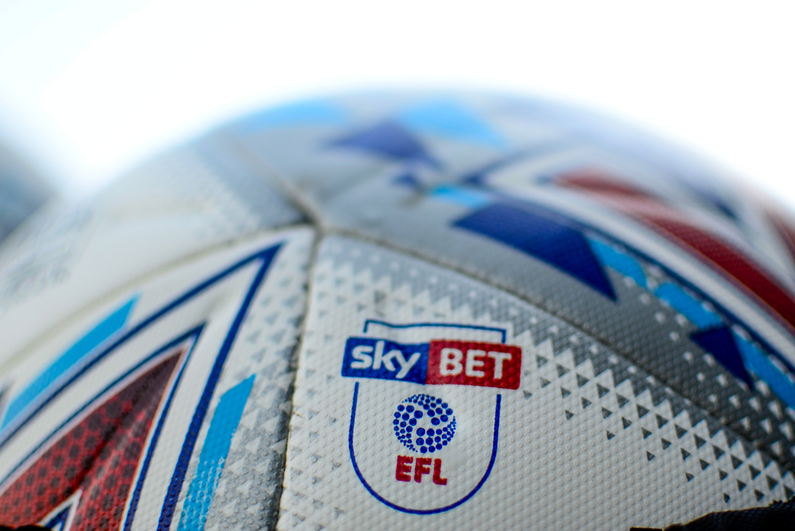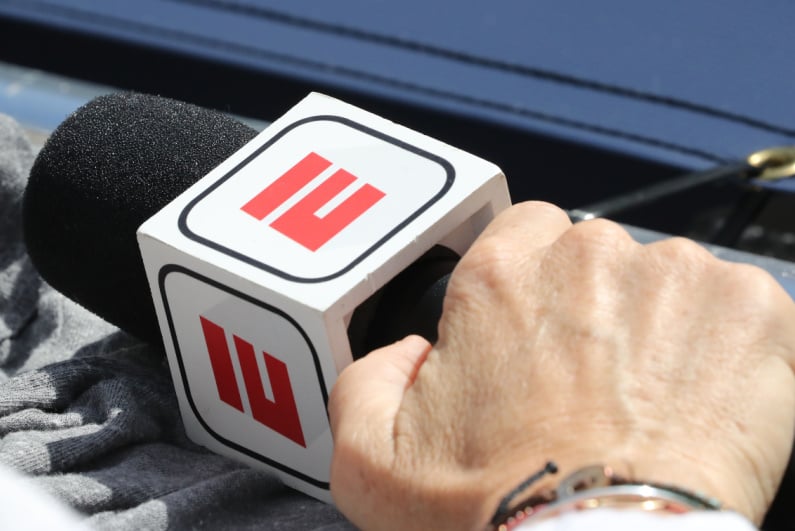Legislation coming?
20 English Football League Championship (EFL) and non-league clubs have written to the UK government imploring them to prohibit gambling ads during soccer matches.
ban on betting companies as kit sponsors is near the top of the list
UK legislatures are currently reviewing gambling regulations and will reveal legal changes after Easter. A ban on betting companies as kit sponsors is near the top of the list of potential changes.
However, many higher-ups in the EFL are totally against the banishment of gambling sponsors. These officials claim that cash-strapped teams, in particular, need an influx of money and kicking gambling out of the league would contribute to the financial downfall that took center stage during the pandemic.
EFL teams fight back against gambling
A pool of EFL teams sent a letter to the Government earlier in the week to “challenge the notion that soccer is dependent on gambling advertising revenues,” according to the Daily Mail.
“As owners, directors, and executives responsible for our clubs, we have witnessed the harmful growth of gambling sponsorship and advertising in soccer, including the negative impact on our fans,” stated the letter. “A ban on gambling logos on shirts would be a significant acceptance of the harm caused, but we would encourage you to include all gambling advertising in stadiums and competition sponsorship so every young fan can go to any soccer match – home and away – free of inducements to gamble.”
The EFL itself is sponsored by Sky Bet and multiple teams such as Derby County have uniforms emblazoned with gambling sponsors. All but one Premier League team (Norwich City) also has an official gambling partner.
England is not the only country struggling with establishing regulations for gambling promotion; the Netherlands is also in the midst of a struggle with television advertisements flooding many networks.
A back-and-forth battle
Not everyone is on board with the English teams’ suggestions. Nigel Huddleston, the Parliamentary Undersecretary for Digital, Culture, Media, and Sport, maintains that allowing betting agencies to sponsor teams will separate the licensed and unlicensed sportsbooks.
Paris Saint-Germain and French national striker Kylian Mbappe, one of the best young talents in the world, also made headlines recently when he refused to attend events sponsored by gambling agencies. The Parisian justified his actions by stating he did not want to help promote “addictions for young children.”
Other EFL teams also disapprove of the recent letter sent to the government. Several bosses have come out and publicly stated that the revenue from gambling deals is a necessity for their teams.
The league has done all it can to rebuild since but is still not in a stable environment.
The second tier in English soccer depended on a £250m ($327m) bailout in late 2020 to help survive COVID. The league has done all it can to rebuild since but is still not in a stable environment.
It is unlikely that a sweeping or permanent ban comes into play, but there could be a level of restriction. Teams can also choose not to sign deals with these partners once their current contracts run out.
As the non-gambling affiliates’ letter said: “as clubs without these partnerships, we can say categorically that we evidently do not need them. We have managed to source other forms of sponsorship and have attracted partnerships because of our socially responsible stance on this issue.”




